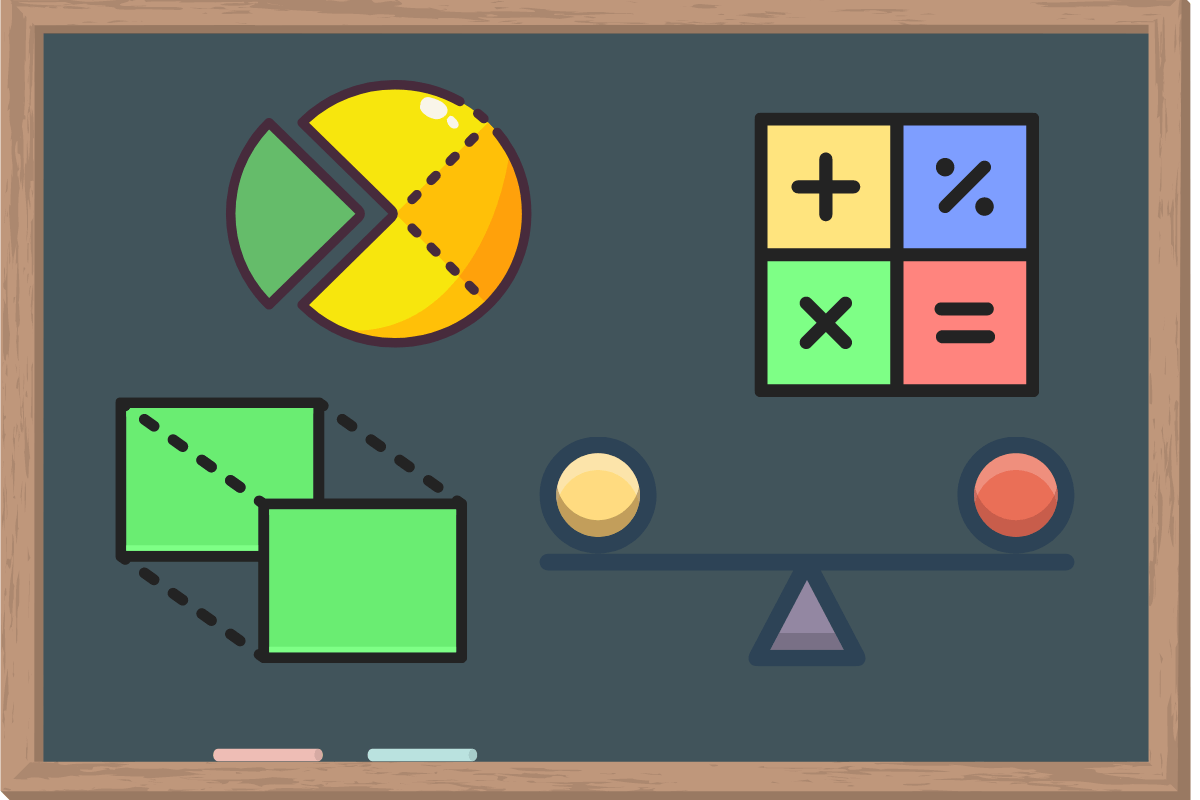
When your child looks to their future, what do they see? If they see themselves in a career that requires math and science skills, they will most likely focus on a STEM major in higher education. A STEM major is a field of study in Science, Technology, Engineering, and Math. These programs are designed to give students the skills they need to succeed in high-demand fields. In this blog post, we will discuss math concepts that are important for students who want to pursue a STEM major in university. We will also talk about how our math intervention program can help prepare your child for success!
Recently in elementary education, there has been a buzz around science, technology, engineering, and mathematics. It is well known that our country needs to produce students skilled in the STEM fields to fill jobs and continue our country’s tradition of innovation. However, understanding that we need more children to get excited about stem majors and actually growing the number who go into that field are very different matters.
The STEM majors list includes:
There are numerous branches of study within these individual disciplines leading to various career paths.
Evidence is mounting to show that STEM skills built from early learning can help students to develop the habits and knowledge that will last them a lifetime of understanding and proficiency. Children naturally learn by exploring, asking questions, and discussing their findings, so it is important to encourage STEM learning early in school.
Early childhood education teachers are currently trying innovative new models to include more STEM education in their classrooms. In elementary school, creative teachers have managed to find STEM-related activities so that children can develop their math, science and technology skills.
In early education, children have the gift for exploration and experimentation already in place. When those natural impulses are matched with math concepts, students can gain a solid foundation to help them move forward throughout school. At Dropkick Math, we offer innovative, online, engaging activities and hands-on offline games to guide students’ exploration while building a solid foundation in mathematical skills.
It is never too early to get your child interested in a chosen career path. But if that career choice includes math and your child struggles with the subject, our program may be able to help. If you have been wondering, “Is there a math tutor near me?” Dropkick Math can offer a solution. Our programs differ from a traditional math tutor in many ways, including providing your child with the foundation of mathematics in a fun and engaging way.
Evidence suggests that basic addition and subtraction math concepts can be used to build upon later in education to accomplish more complicated skills. The “transfer of learning” can often help a child understand a different principle. Transfer of learning has been demonstrated repeatedly in early education studies. For example, early understanding of a mathematical skill can set the stage to incorporate that knowledge later as math processes expand into more complex questions. This is one reason why it is important for children to understand the basic principles of math at an early age. Dropkick Math can help students build on these skills at an early age to help with their math comprehension and overall academic performance throughout their learning years.
At Dropkick Math, we offer fun and engaging programs that involve the parent/caregiver while learning the four pillars of math. The four pillars of math include algebraic reasoning, proportional reasoning, operational sense, and number sense. The approach we use provides alternative studies that allow for conceptual understanding. We recognize common areas of difficulty in mathematics that students may have, and provide instructional practices for addressing these areas of difficulty.
Your child will need to excel in mathematics to continue to a STEM major. But we know that a weak pillar can significantly impact future math success. The gap in learning caused by the pandemic has also affected some children in math. So, we have built our programs so that your child gains a conceptual understanding of mathematics and can get caught up with any missed learning caused by COVID. Contact us today to learn more about our programs and how they can help your child stay on track with their education for the future.
